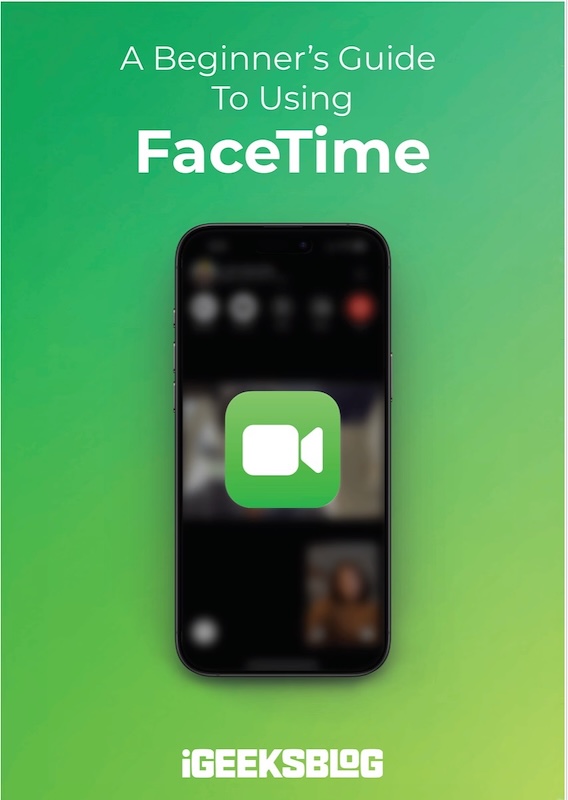
FaceTime Like a Pro
Get our exclusive Ultimate FaceTime Guide 📚 — absolutely FREE when you sign up for our newsletter below.

FaceTime Like a Pro
Get our exclusive Ultimate FaceTime Guide 📚 — absolutely FREE when you sign up for our newsletter below.
Don’t like the new Liquid Glass effect in iOS 26? Here’s how to disable or reduce the visual intensity for a cleaner, distraction-free iPhone experience.
iOS 26 introduces the biggest visual redesign to the iPhone in over a decade. Called Liquid Glass, this new design language brings translucent layers, dynamic motion, and glass-like reflections to almost every corner of the system—from app icons and widgets to control panels and menus. It looks stunning and futuristic, but let’s be honest: not everyone loves it.
For some users, the new look can feel too glossy, distracting, or hard to read. If you’re one of them, the good news is you don’t have to live with it exactly as is. There are ways to tone it down.
If you’re finding the new design too hard on the eyes, the quickest fix is to enable Reduce Transparency. It doesn’t remove Liquid Glass completely but makes everything less see-through and easier to read.
Here’s how:

Once enabled, UI elements such as Control Center, app folders, and icons will have darker, more solid backgrounds, improving contrast and readability.
You can also assign this to an Accessibility Shortcut for quick toggling via the side button or Control Center.
Turning on Reduce Transparency doesn’t bring back the old iOS design. It’s not a full rollback. You’ll still see some of Liquid Glass’s flair, but in a more muted form.
Here are before and after images of Control Center, showing it before enabling Reduce Transparency and after enabling it.

Here’s how menus become more opaque, making them easier to read and navigate.

It’s a middle ground between the full Liquid Glass look and the older, flatter interface. It reduces the transparency just enough to make the UI less distracting and easier on the eyes.
Reduce Transparency is just one option. If you want an even more dialed-back aesthetic, here are a few more things you can do:
iOS 26 now supports clear app icons and widgets. If you’re using them, here’s how to switch back to something less transparent:

Light mode amplifies the glossy effect. Dark mode softens it. You can apply dark mode by:

Your lock screen clock gets a glass look by default when you update it to the iOS 26. You can switch back to the solid color by:

When customizing your Lock Screen, choose the solid-style clock instead of the glassy one. It boosts readability and keeps things grounded.
Together, these tweaks let you keep the modern feel of iOS 26 without dealing with the full intensity of Liquid Glass.
iOS 26 has officially launched, and Apple continues to refine the experience based on user feedback from the initial rollout. Future updates may include additional tweaks or new customization options to fine-tune the design even further.
Liquid Glass represents a bold new direction for Apple’s interface design, bringing the entire ecosystem under one unified aesthetic. But if the shine is too much right now, you have options.
You don’t have to avoid updating to iOS 26—just tone it down until it feels right for you.
Related articles worth reading: